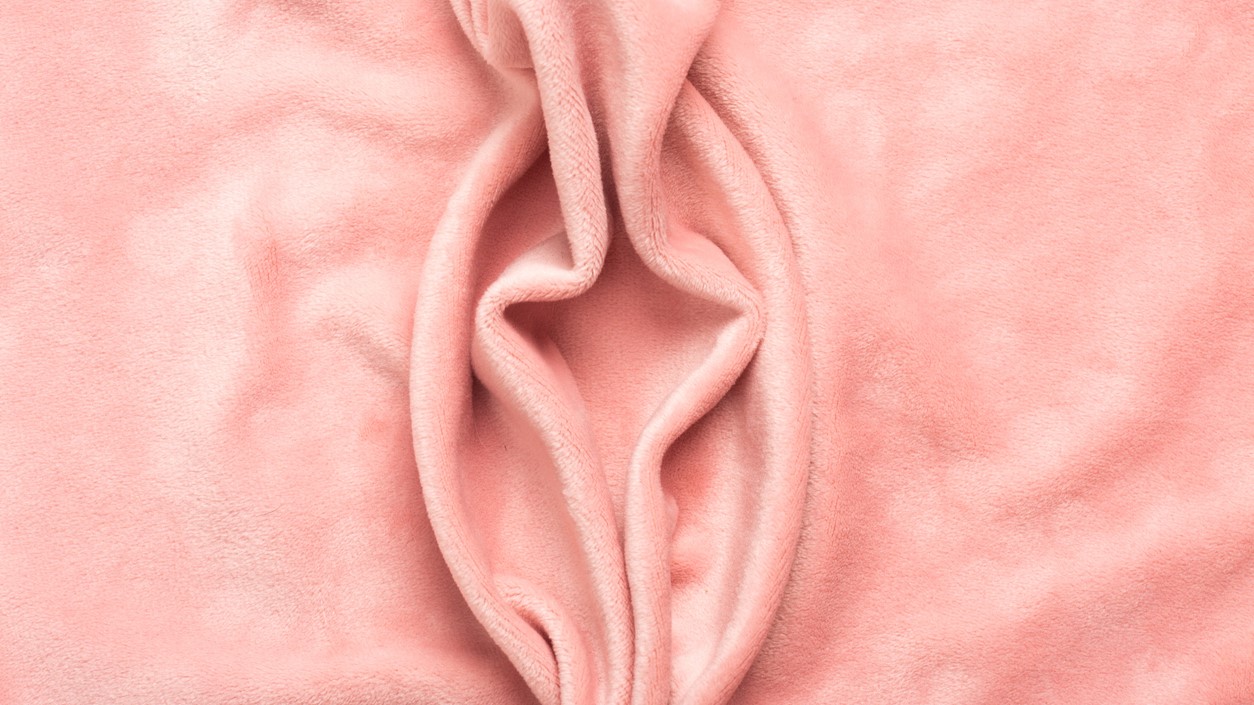Demand for labiaplasty is growing, with over 18,000 procedures performed in the U.S. in 2023—a 67% jump since 2019.
This surgery alters the size of the labia minora or majora, often for aesthetic or comfort reasons. However, it’s crucial to consider how contextual factors can shape motivations for cosmetic genital surgery.
A systematic review published in The Journal of Sexual Medicine examined how sexual partners affect women’s decisions to undergo labiaplasty. These findings underscore the need to address partner influence in pre-labiaplasty counseling, empowering women to make informed choices.
Exploring elective labiaplasty
To understand the role of sexual partners in healthy women’s decisions to pursue labiaplasty, researchers reviewed empirical papers on the topic published in English.
The review focused on elective labia minora surgeries. Participants sought the procedure to improve appearance, avoid embarrassment, relieve labial friction, and prevent issues during sports or sexual activities. Surgeries for medical reasons, such as injuries or gender affirmation, were excluded.
After searching electronic databases from January 2000 to February 2024, the researchers identified 12 studies with 962 participants. Over two-thirds (67%) were cohort studies.
Published between 2008 and 2023, they spanned multiple countries: three from the UK, three from the US, and one each from Australia, the Netherlands, Turkey, Argentina, Cyprus, and China.
The role of sexual partners
Most women don’t choose labiaplasty primarily due to pressure from their sexual partners.

However, a meta-analysis showed that 37% of women were motivated by negative comments from their partners about their genitalia.
Together, the 12 studies revealed deeper insights by examining the following topics.
Negative comments from sexual partners
(5 studies/212 participants)
Many women (18% to 44%) felt influenced by negative comments from partners about their genitalia, leading to concerns about their labia’s appearance.
Partner influence
(2 studies/347 participants)
Only 7% felt influenced by their partners, based on weighted averages.
Notably, partner influence did not affect women seeking labiaplasty solely for functional reasons. Yet, it played a role for those with aesthetic or psychological motives.
Urging and requests from sexual partners
(2 studies/175 participants)
On average, 6% of women underwent surgery at their partner’s urging, with some aiming to enhance their partner’s pleasure.
Concerns related to a partner’s reaction or pleasure
(3 studies/228 participants)
Over a quarter (27%) said their decision to pursue labiaplasty was driven by concerns about their partner’s pleasure and fear of negative reactions to their bodies.
One study (Sorice et al.) found that 64% of women felt unattractive to their partners and believed their genital appearance hurt their intimacy.

Empowering women’s decisions
In a society that glorifies unrealistic beauty standards and biased sexual norms, supporting women’s ability to make informed choices is essential.
While sexual partners can influence women’s labiaplasty decisions, they aren’t the main advocators.
“More frequently, negative feedback from sexual partners and the ensuing fear of such comments contribute to a diminished genital self-image in women,” wrote the authors.
“The desire to be more sexually attractive, influenced by media and advertising norms, often prompts women to compare their genitalia with idealized models, leading to considerations of labiaplasty.”
Before procedures, surgeons should ensure that decisions are made freely and based on realistic expectations. They should also help women understand that genitals come in various shapes and sizes and that their labias are part of this diversity “By doing so, it not only helps prevent the perpetuation of offensive behavior toward women rooted in cultural stereotypes of women as objects for men’s sexual pleasure, but also empowers women to make conscious and autonomous choices.”
Ultimately, every woman deserves to feel confident and beautiful on her own terms.



